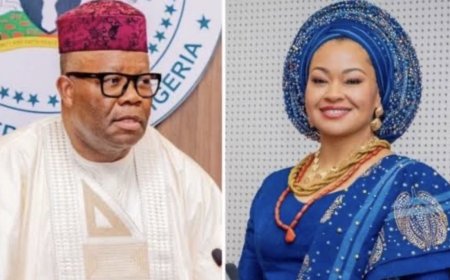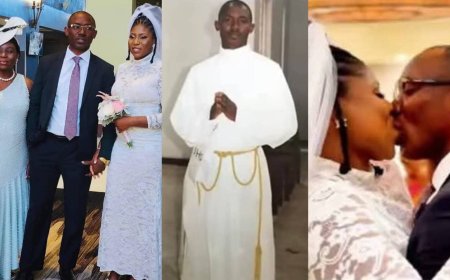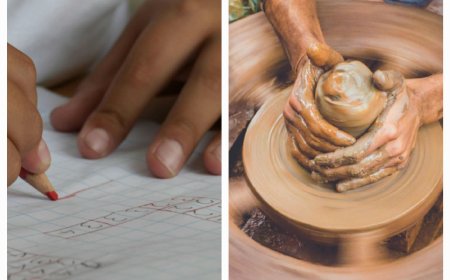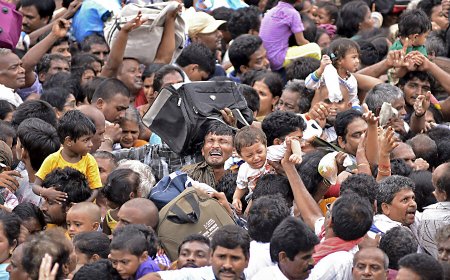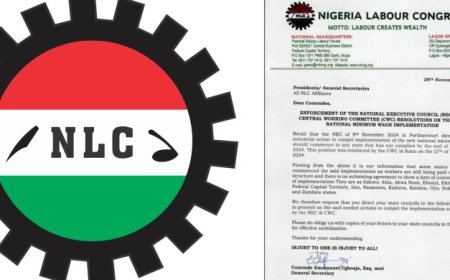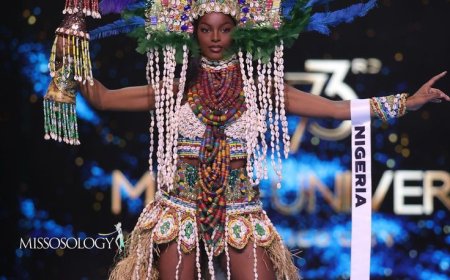Navigating Interfaith Marriage in Nigeria: An Opinionated Exploration
Focusing on Christian-Muslim unions, the article discusses the historical resistance to interfaith marriages in Nigeria and the evolving perspectives, acknowledging both its acceptance and disapproval.
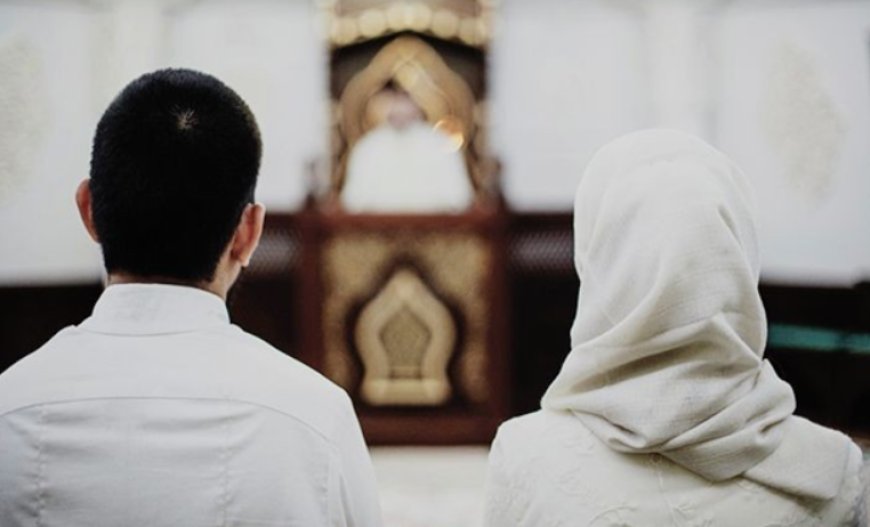
Let's face it, Nigeria is not leaving the status of a very religious country anytime soon; it confidently ranks as one of the most religious countries in the world. As long as the country cannot be devoid of religious practices, then interfaith marriage is inevitable. Interfaith marriage is a marriage between two people of different religions. One could say that the trajectory of interfaith marriage in Nigeria went from being a no-go-area to becoming relatively acceptable with of course many motivational talks.
Of the many interfaith marriages that are there in Nigeria, the Christian/Muslim union is the most common where either a Muslim man marries a Christian woman or a Christian man marries a Muslim woman. You would agree with me that compared to the degree to which families and these religions had resisted the idea of having one of their own marry into another faith over time, the country has evolved and by evolution, we include the different perspectives on religion that various people have developed; in other words, many societal attitudes towards interfaith marriage have changed over years. To some, both religions, Christianity and Islam, worship the same God and so, have parity in some way. Some also explain why they feel these religions can both coexist in a household on the basis that the world is no longer where it used to be and so the way things were viewed in the past might not be the same now.
Nigeria to some extent has abolished the view that women are subalterns and women have developed their voices over the years, as a result of this, there has been a rethink, re-evaluation, and reconstruction of what some old religious beliefs implied. Changes in societal norms and practices have made them less rigid. What I am saying in essence is that the world is in constant flux, it is dynamic and not static, and therefore it is understandable that the idea of interfaith marriage itself has undergone a lot of changes.
Excluding the now dynamic way people perceive things, we cannot but have some people who hold a rigid disapproving position on interfaith marriage, could we blame them? In the context of Nigerian society, especially in the Southern-Western part of the country, where I grew up; youths were warned right from childhood not to be engaged with the opposite religion. However, this was not to be harsh towards the opposite religion but to avoid possible future disastrous outcomes that could face them in marriage. While the Christian faith preaches 'one-man, one-woman', Islam allows polygamy, also, while the Christians eat pork, the Muslims do not. These coupled with other differences in these religions disinterest people in interfaith marriage. I have seen more than two cases of interfaith marriages where the man- a Muslim, would assure the woman Christian that she could keep her faith when they get married only for him to change and force her to convert to his faith after getting married.
Now, the backstory was that the man's family welcomed her with open arms, but changed towards her right after marriage, pressured her to change her religion, and even stated to her clearly that all their children would practice Islam. That was a form of deception and agree or not, in the Yoruba society or any Nigerian society as such, it is tough for a woman to get married and drop out of the marriage because of a difference in religion, she would either be seen as incapable of holding a family or mocked for not bowing to her husband's wishes. These and many more are the reasons we cannot blame those who outrightly disapprove of interfaith marriage, because, for them, it is better to be with the person you align with religiously than get into a trap of interfaith marriage and live in regrets for the rest of your life. Trust me, when I was younger, I wouldn’t even allow myself to like a Muslim not to talk of thinking of dating one, all that rang in my head then was that if I got involved I would go from having a baptismal name to bearing Khadijat or MariamDkm?????????????
Moreover, there are always two sides to things, while some people have had the worst experience ever in their interfaith marriage, some have had a pleasant journey on the other hand. In my home church, I knew a woman who was very devout and religious but married to an actual Alhaji, I would not speculate that they had a very beautiful marriage without them having religion-related issues, but I could say for sure that they were able to understand each other. This man would drive his wife to church before going his own way and had even attended church one time when his wife was made chair lady at the adult harvest. Being friends with their children, I got to know that he allowed them to practice whatever religion they wanted. Judging from this, I understood that love indeed should never be lost in marriage because love is patient, kind, understanding, and never deceptive.
In all, the marriage institution is a very sensitive one that must be thought about critically before venturing into, outside religion. With religion involved, it must even be thought of more carefully, can you handle your spouse's religion? Do you love them enough to respect their religion? would you stay true to your words before marriage and remain unflinching in your promise to let them retain them? Can you allow your children to practice your spouse's religion? These and many other prospective issues that could spring up in the future should be looked into, and if one would not be able to adapt, then it is better to not embark on the marriage at all.
Conclusion
In actuality, it is safer to marry someone whose beliefs align with yours, it would at least not be a bone of contention in the future (if your spouse stays devoted to the religion) and you can also stay happy in your interfaith marriage if you decide to leave out all your biases, judgments and instead choose to understand and respect your spouse's religion. Now, I am passing the microphone to you: tell me what your opinion is about this topic (in the comments).
What's Your Reaction?







